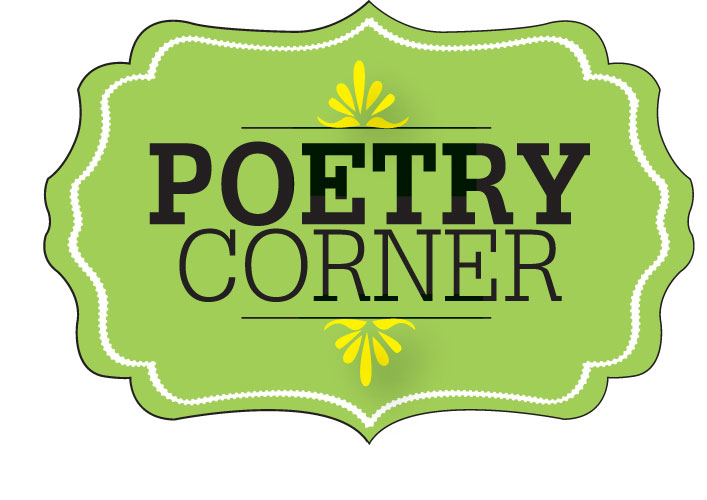By Norah Christianson
Sonnets to Orpheus IV
– Rainer Maria Rilke, translated by Anita Barrows and Joanna Macy edited by Anita Barrows and Joanna Macy
You who let yourselves feel: enter the breathing
that is more than your own.
Let it brush your cheeks
as it divides and rejoins beside you.
Blessed ones, whole ones,
you where the heart begins:
You are the bow that shoots the arrows
and you are the target.
Fear not the pain. Let its weight fall back
into the earth;
for heavy are the mountains, heavy the seas.
The trees you planted in childhood have grown
too heavy. You cannot bring them along.
Give yourselves to the air, to what you cannot hold.
Rilke is addressing the sensitive among you, telling you to breathe the breath of others (in other words, “Walk a mile in their shoes”). He’s telling you to let the breath of others flow around you. He is telling you to empathize. Then, because you enable yourself to feel for others, you are more alive, you are the “Blessed ones, whole ones.” You are the people who make things happen (the “bow that shoots the arrows), and you are the person things happen to (“you are the target.”).
When you allow yourself to feel, you open yourself up to suffering and pain. Pain humanizes you. Rilke tells you not to fear pain. Let suffering come to you, but let it go, too. Suffering can be heavy upon you, but, listen, the whole world is heavy. The mountains and the seas are heavy.
Your past is heavy. What you’ve experienced—good or bad—when you were young, are like little trees you planted back then. They have grown huge and heavy now. You can’t carry them. So it is with your past. You need to live in the here-and-now. You need to “Give yourself to the air.” Free yourself. Become light, in both senses of the word. (I am reminded here of G. K. Chesterton’s observation: “Angels can fly because they take themselves lightly.”)
Great poems from all over the world are translated into all the wonderful languages of the world. Career translators are very adept at translating the languages involved, and can translate the poem pretty much accurately. Poet-translators, on the other hand, are poets who know the languages, but are more skilled at making the poem “poetic”. They may take liberty with the poem being translated, so as to make the poem read more smoothly or more artistically. They take “poetic license,” so to speak. Be mindful that there is always a separation between the word used in the original and the word used in the translation. In fact, sometimes there is no equivalent word to be had.
In the case of the grand poets like Rilke, there are hundreds of translations of the same poem. Trying to choose which translation to use can be as hard as answering the question, “What is truth?” So, to be truthful, I chose this translation of Rilke’s poem because it was the simplest to understand (for me).
And, like literal translations, there can be many interpretations of a poem. An interpretation is a kind of translation, after all. And, just to confuse you further, in some cases, there is no definite interpretation of a poem. So be aware that this interpretation of “Sonnets to Orpheus IV” is mine. I give it to the air. Reject it, accept it, or just take it lightly.

Rainer Marie Rilke (1875 – 1926), an Austrian poet and novelist, is considered to be one of the most important writers in the German language. According to the Academy of American Poets, Rilke is one of the best-selling poets in the United States. He was artistically talented at an early age, but at age 11 he was sent by his parents to a military academy in Lower Austria. He left there after five years and entered a trade school in Linz, where he was expelled. Later, he was tutored for the university entrance exam, studying literature, art history, and philosophy.
Rilke traveled widely, knew many literati of the time including Leo Tolstoy, Boris Pasternak, and Lou Salome. He rejected his parents religious beliefs. In a kind of connection to the new idea of Evolution, Rilke saw God as the final result instead of the first cause. I once knew a theology student at the Harvard Divinity School (where I worked as a secretary when I was young) who felt that God was evolving, becoming through us, and that, in the end, the result will be that the human race is God. (We have a long way to go, baby!)
Rilke died in Switzerland at the age of 51. There is a myth that grew up around his death: It is said that, while gathering roses from his garden for the Egyptian beauty Nimet Eloui Bey, his last infatuation, he pricked his hand on a thorn and died from the ensuing infection. In actuality, he died from leukemia.

